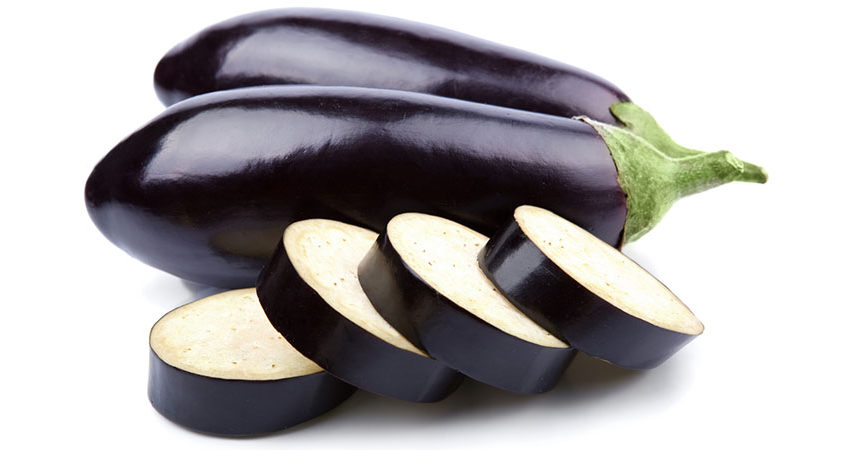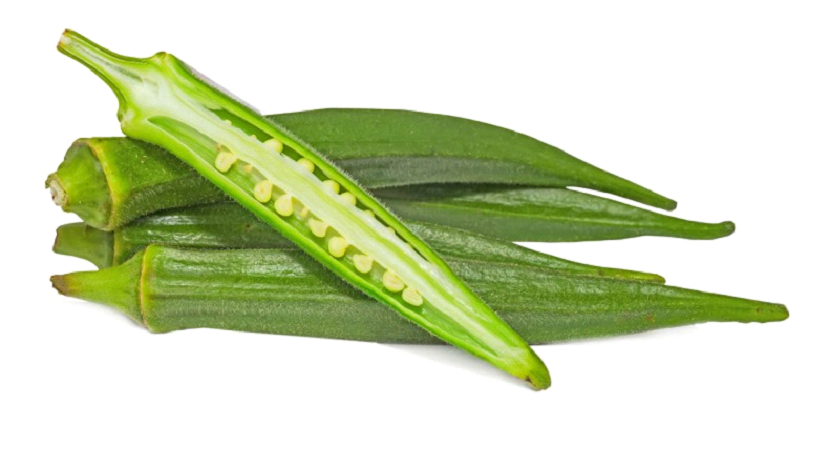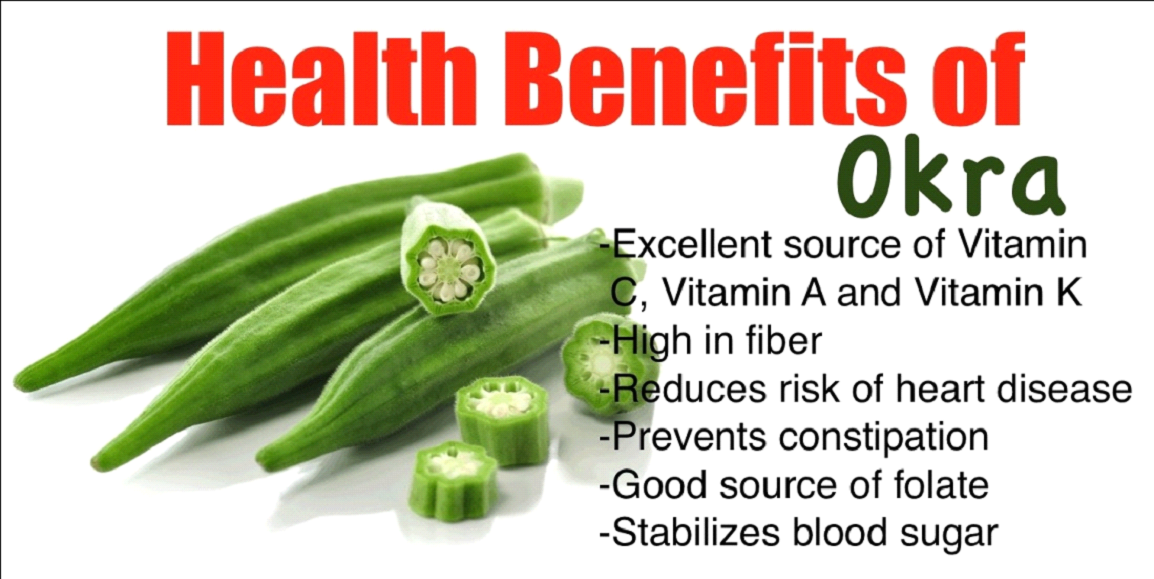
Egg Plant
The Eggplant, also known as aubergine, garden egg, guinea squash, melongene and brinjal come in a variety of shapes and colors from small and oblong to long and skinny, from shades of purple to white and green. No matter the name, shape, or color, all eggplants contain many beneficial nutrients and phytochemical compounds that benefit human health.
Besides taste, it's also got a string of healthy properties that might be reason enough to get you to eat it.
1. Aubergines are rich in fiber and antioxidants which work together to keep cancer at bay.
2. Aubergines are great for weight-loss because they're low on calories. 100 grams of aubergine contains something as low as 25 calories.
3. Aubergines are good for your heart and could help prevent heart disease.
4. Aubergines help control blood pressure as they contains potassium which helps maintain an ideal electrolyte balance in the body.
5. Aubergines are low in carbohydrates and high in fiber which helps diabetics.
One cup of raw eggplant contains 20 calories, 0.8 grams of protein, 4.82 grams of carbohydrate, 0.15 grams of fat and 2.5 grams of dietary fiber. A one-cup serving meets 10% of daily fiber needs, 5% potassium, 3% vitamin C, 5% vitamin B-6, 1% iron and 2% magnesium.


